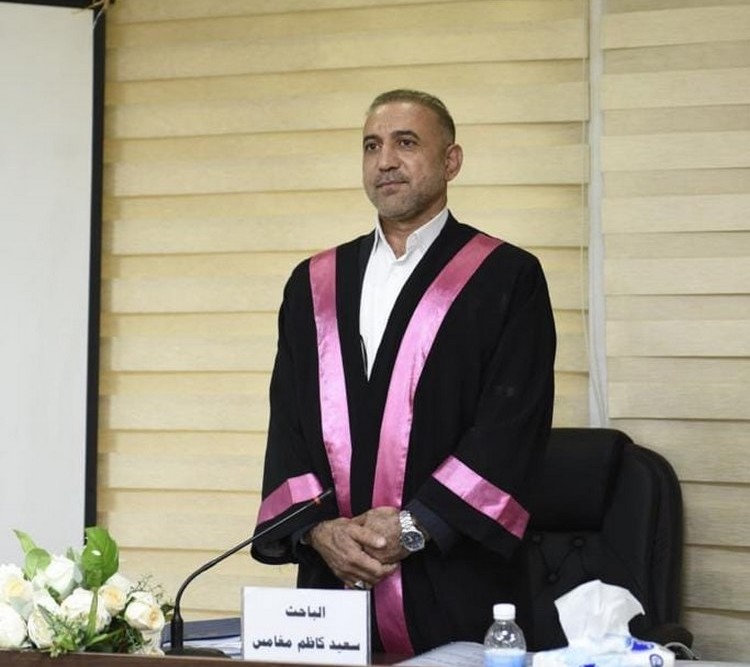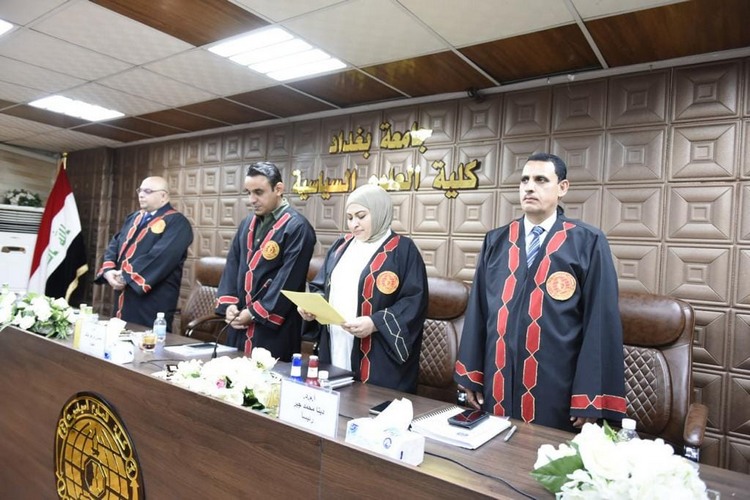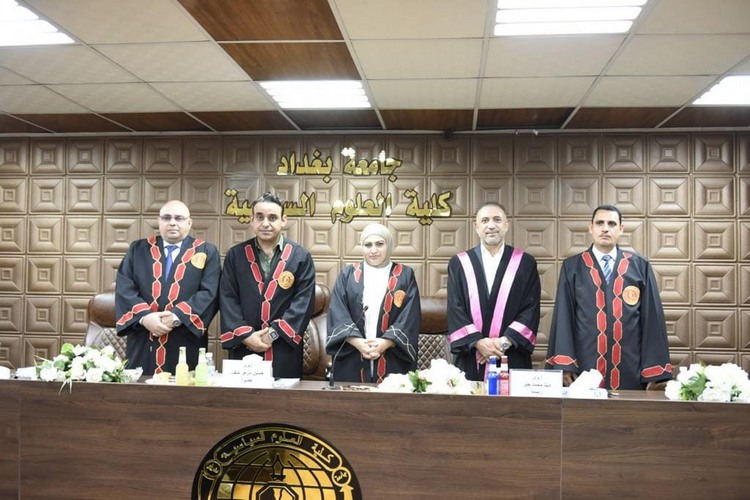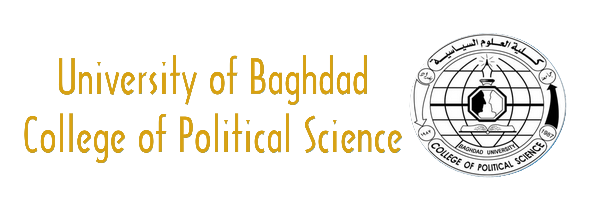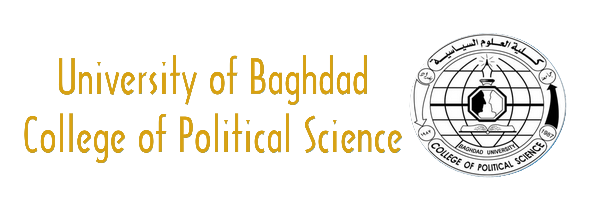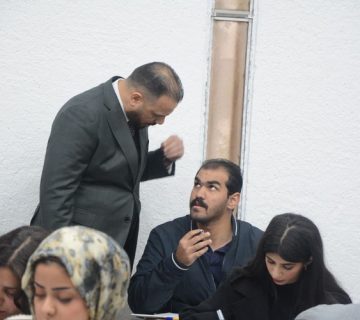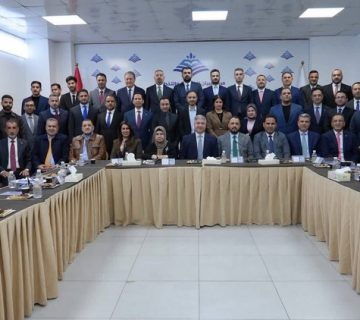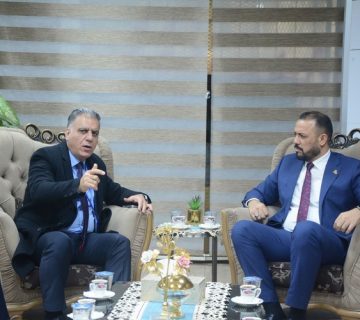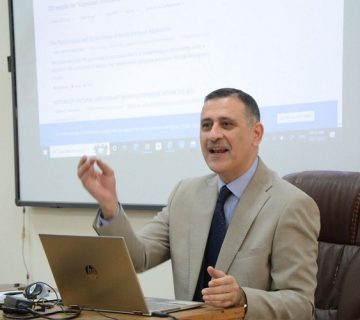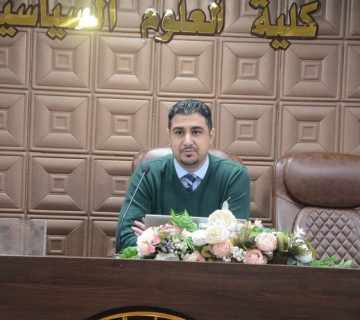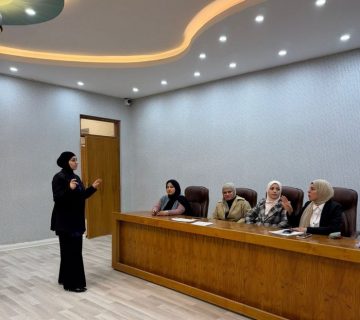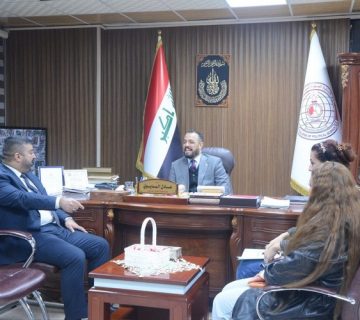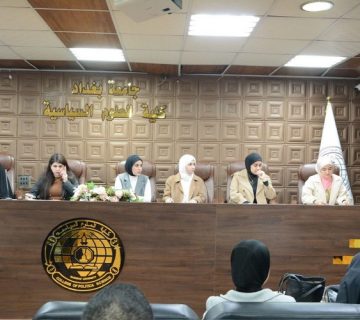The Faculty of political science at the University of Baghdad discussed the master’s thesis tagged ” the problem of liberal peace-building in international relations : selected models ” by the student “said Kazem mughames”.
The letter explained that thinkers and researchers continue to discuss the best ways to rebuild post-conflict societies, some argue that the framework of liberal peacebuilding is not compatible with local contexts, and therefore recommend more substantial participation of local actors, others point out that the problem is not in the framework of liberal peacebuilding itself, but its poor implementation, and therefore recommend increasing the focus on strong institutions and capacity building.
Given the ongoing liberal discourse of the United Nations in the reconstruction of post-conflict societies, where this message contributed to this debate by asking the question, Does liberal peacebuilding really work at all levels and in different societies with the same effectiveness To find out the answer, the topic of the dissertation examines the United Nations Transitional administrations in Iraq and Afghanistan, international initiatives in East Timor and the Central American countries using a comparative case study approach.this assessment includes an assessment of how these transitional administrations have implemented their mandates and how local participation has been included in the implementation of their peacebuilding activities.
The letter concluded that sluggish liberal peace-building with fragile institutions and selected local participation failed to build lasting peace, as well as revealing cases in which the UN Transitional administrations in Iraq and Afghanistan, and peace-building initiatives in East Timor and Central American countries deviated from their liberal goals .
At the end of the discussion, the researcher was awarded the degree of “excellence”, wishing all our students success and success in their scientific and practical life.
